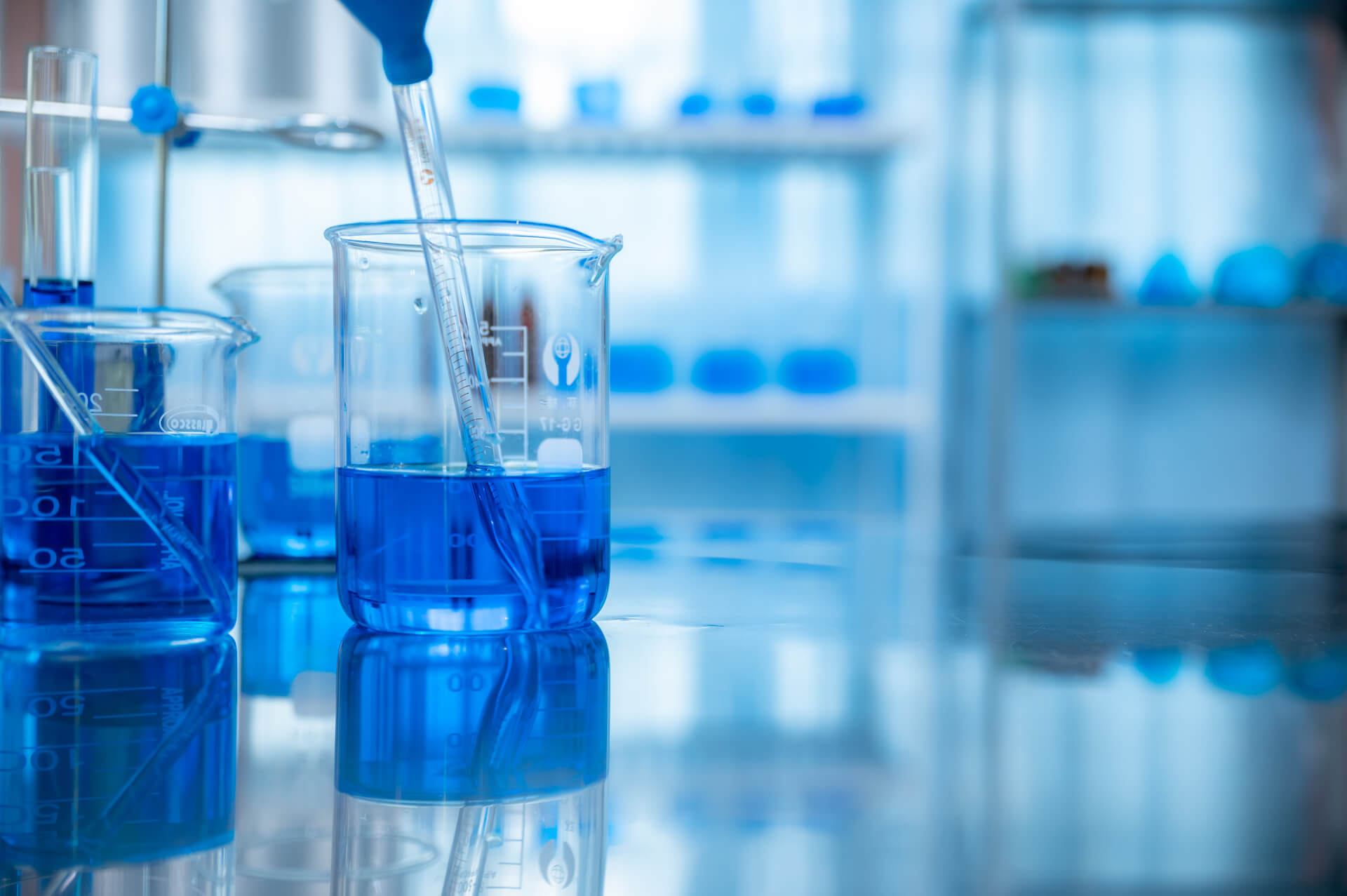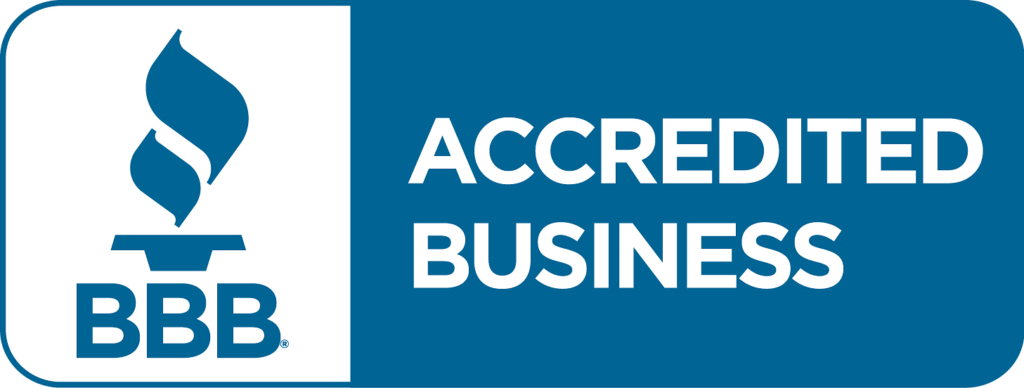Looking for Patent Agency in Dallas?
Call Affordable Patent Agency, LLC
Table of Contents
ToggleWhy Get Medical Device Patents and Medical Patents?
Protection is essential for several technologies, such as medical device patents, medical patents, and life science patents. Before being brought to market, technologies that require lengthy and costly research, development, testing, and government regulatory approvals must be patented early during development. Unfortunately, the cost of product development in these industries is exceptionally high and time-consuming, making it difficult for new products, such as medical devices and biotechnology tools, to arrive on the market. Thus, medical patent attorneys and practitioners recommend that medical patents, medical device patents, and other life sciences patent applications be filed early during development.
Since these inventions are expensive to develop, knowing patentability earlier on during the development process is significant. If patenting is not possible due to competitors’ innovations, it is best to have this information earlier during the development process to make appropriate modifications to the invention and your business plan. The earlier a patent application is submitted for each invention aspect and feature, the better because this will reduce any potential for unprotected product development and the possibility of medical intellectual property infringement issues. Furthermore, medical patent protection makes these innovations possible because it incentivizes companies to bring these products into the market.
What are Medical Device Patents?
Medical devices are used in the medical field to help people heal by physicians, hospitals, other providers, patients, etc. These items include simple things used to treat diseases, such as bandages, bedpans, latex gloves, tongue depressors, and hospital gowns. However, there are more complex equipment like stents, implantable devices (prostheses), surgical tools, surgical suite equipment (sterilization hoods, patient lifts, patient or monitoring devices), drug and food delivery devices and systems (IV bags, tubing, patient feeding apparatus, assisted breathing equipment, etc.), heart/breathing monitoring equipment, artificial heart valves, heart pacemakers, robotic surgery systems that can be customized to program intricate operations for complex surgeries. The USA Federal Drug Administration (FDA) has a medical device product classification system. The time and cost of a medical device approval depend upon the classification of the medical device.
Medical patents are quid pro quo legal documents that grant their owner a legal right to exclude competitors from making and selling the patented invention. In return for this limited-time monopoly, the patentee must disclose the details of their invention to the public. They’re meant as incentive systems, granting those who disclose their ideas the upper hand in competition by preventing others from stealing them or adapting them without permission.
Securing a medical patent and medical device patent allows an inventor to prevent others from:
- Making their invention.
- Selling their invention
- Using their invention.
- Importing their invention.
Why is Medical Device Intellectual Property Valuable?

Patents are necessary for medical devices and life science companies to protect their investments in research and development. Companies that invest in medical devices and life science products must invest plenty of resources in research and development. A smaller startup would be at the mercy of larger competitors who can flood markets with cheaper alternatives without patents. For this reason alone, you must patent your medical device’s intellectual property and invention so no one else uses what belongs exclusively to you. Medical devices, biotechnology, pharmaceuticals, life science, and diagnostic patents are helpful because they protect smaller manufacturers who may not yet possess sufficient revenue streams from sales or licensing agreements alone but still need protection against potential infringers.
Biotechnology tools, medical devices, pharmaceuticals, life science products, and diagnostics inventions can be complicated to protect, but a patent is the only way for a startup company to compete in this field.
How Do I Get a Medical Device Patent and a Medical Patent?
Medical products and services and related patents cost significant resources. To get medical patents and medical device patents, you must follow strict United States Patent and Trademark Office, USPTO, guidelines. You will be required to show that your invention is new and improved over others’ previous innovations. The inventor must follow several steps to receive a medical patent and a medical device patent. Thus, first, you will have to have an invention never previously publicly disclosed by another, so it is new. The invention must not have appeared in any prior art, such as it cannot be an advertisement, patent, trade brochure, scientific article, abstract, etc. If another publically describes your medical device, it is not new and not patent-eligible.
Second, your invention must have enough distinguishing features so it is not foreseeable to others in your field of endeavor – called novel. This last requirement means you can’t just improve something someone else created; instead, everything involved should bring nonobvious functionality and structure into the invention.
It would be best to be careful and not tell anyone outside of your company about your invention until the patent application is filed. For example, you informed any other person about the invention or any part of it, and they publicly disclosed it; in this case, you could lose the novelty aspect of your invention and patent rights. Therefore, you must hide the invention until you apply for a patent. Another way you can lose patent rights is if you abandon your invention by not converting a provisional patent application into a non-provisional application within the allowed time.
Besides medical patents and medical device patents, you can patent the method of use and make or manufacture the device. In addition, if it has another unique feature, such as software as a service (SaaS), unique material or composition of matter, etc., these features can also be patented.
How Much Is a Medical Device Patent and a Medical Patent?
Medical patents and medical device patents can be expensive to file and get. However, at the affordable patent agency, we offer low-cost customized and flat fees for medical device patents.
Frequently Asked Questions
1. What Types of Inventions in the Medical Field are Eligible for Patents?
2. How Long Does it Take to Obtain a Patent for a Medical Device or Medical Invention?
3. How Long Does a Patent Last?
4. Can I Disclose My Medical Invention Before Filing a Patent Application?
5. Are Prototypes Necessary for Filing a Medical Device Patent?
6. How Can I Monetize a Medical Patent or Medical Device Patent?
Free Initial Consultation for Medical Patents and Medical Device Patents

Affordable Patent Agency, LLC
4131 N. Central Expressway Suite 900, Dallas, TX 75204
(855) 444-1946




